Stellantis’ solid-state batteries can fast-charge in just 18 minutes
Stellantis says its solid-state batteries are getting closer to reality. The parent company of brands like Jeep, Dodge, Ram, and many others is working with startup Factorial on the new batteries, which have just been successfully validated for automotive use and will be installed in a demonstrator fleet in 2026. Most EVs use “wet” lithium-ion […]


Stellantis says its solid-state batteries are getting closer to reality. The parent company of brands like Jeep, Dodge, Ram, and many others is working with startup Factorial on the new batteries, which have just been successfully validated for automotive use and will be installed in a demonstrator fleet in 2026.
Most EVs use “wet” lithium-ion batteries containing liquid electrolytes to move energy around. Solid-state batteries, which have been slow to come to market, promise faster charging speeds, more capacity, and longer range vehicles.
Stellantis and Factorial call the new packs Factorial Electrolyte System Technology, or FEST, arguing that unlike conventional lithium-ion batteries, the solid-state batteries have higher density and can support faster charging. Think 15-90 percent in just 18 minutes at room temperature. Factorial’s technology uses a lithium-metal anode (the “positive” charge side of the battery), quasi-solid electrolyte, and high-capacity cathode (the “negative” side).

Stellantis says its 77Ah FEST cells have demonstrated an energy density of 375Wh/kg with over 600 charging cycles, “a milestone for large-format lithium-metal solid-state battery.” In addition to faster charging speeds, the solid-state batteries can also deliver higher power output with discharge rates up to 4C, for greater EV performance.
Factorial’s cells can also work under a variety of weather conditions, including extreme cold and extreme heat. The company says the batteries perform well in temperatures ranging from -30°C to 45°C (-22°F to 113°F).
“Battery development is about compromise. While optimizing one feature is simple, balancing high energy density, cycle life, fast charging, and safety in an automotive-sized battery with OEM validation is a breakthrough,” said Siyu Huang, CEO of Factorial Energy, in a statement. “This achievement with Stellantis is bringing next-generation battery technology from research to reality.”
Stellantis’ announcement is a sign of progress, and it’s not the only company making some. Hyundai is a Factorial investor, and so is Mercedes, which said it would have Factorial’s semi-solid-state batteries “in EVs on the road in 2026,” according to Reuters. Honda plans to introduce solid-state EVs in the latter half of the decade, while Toyota’s roadmap includes mass-producing solid-state batteries that enable more than 621 miles of range by 2028. And Volkswagen is working with Quantum State, which just logged its own milestone.
But the US is in danger of being lapped by China, where companies like CATL and BYD have been teasing new tech that allows EVs to fast charge in just five minutes.
















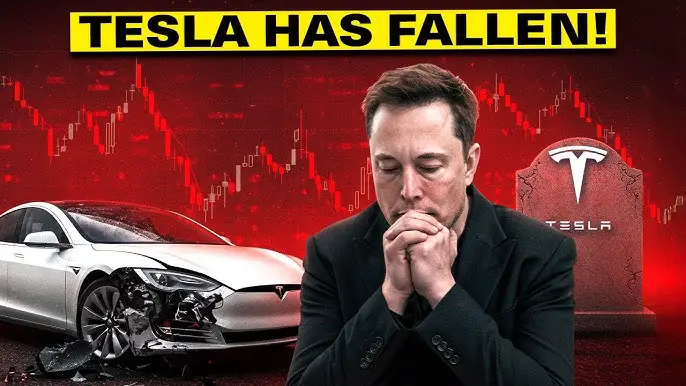






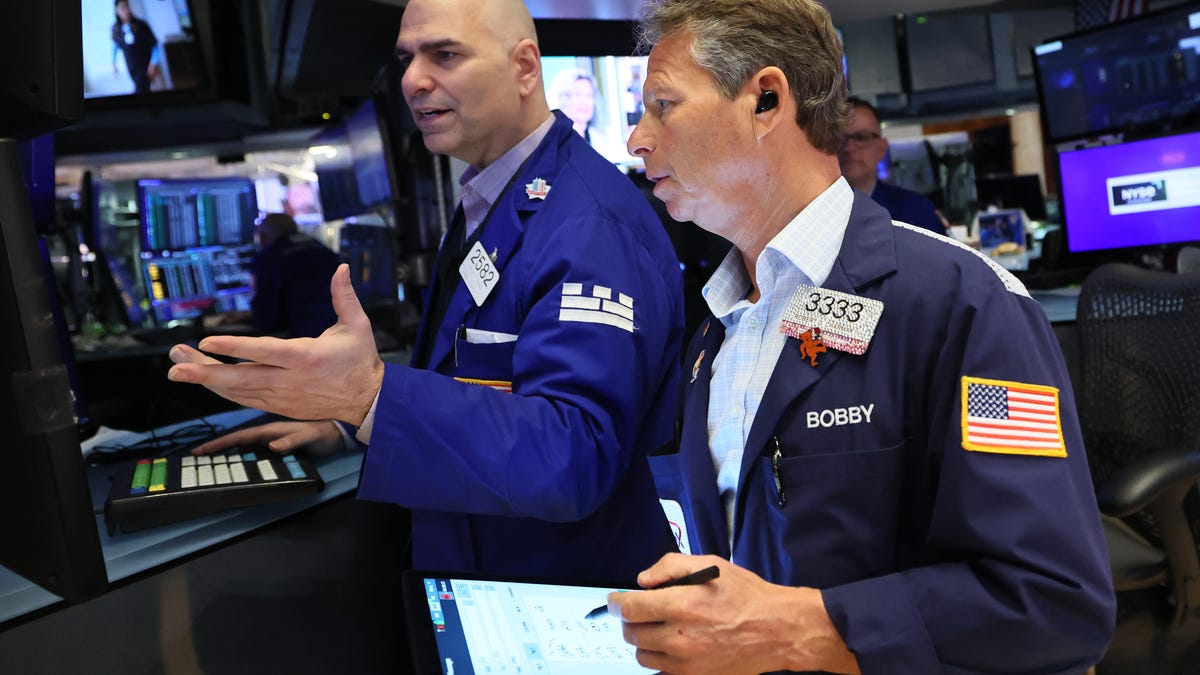






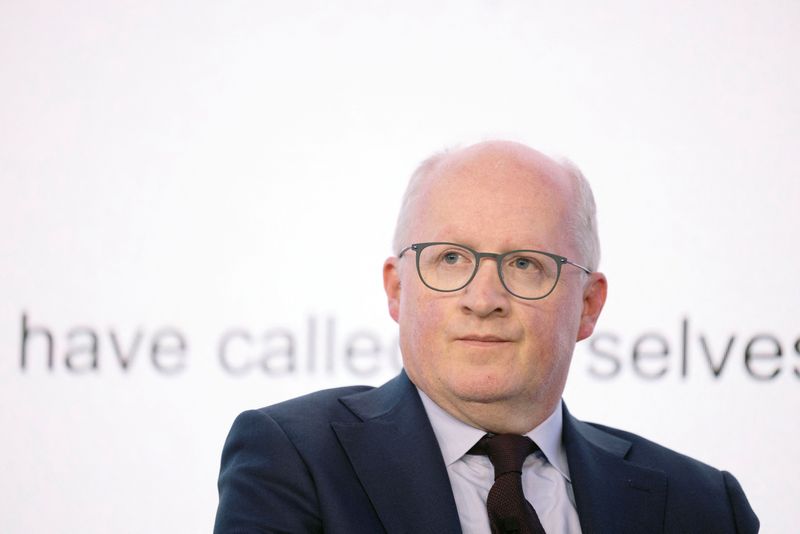
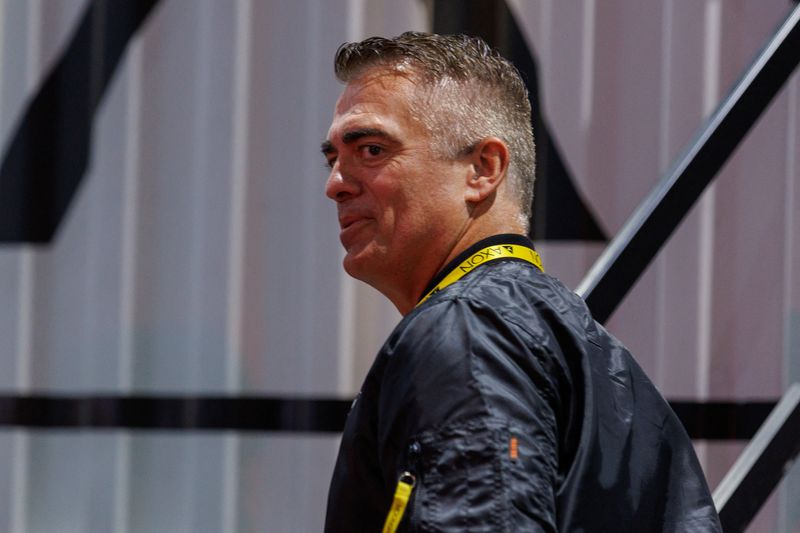
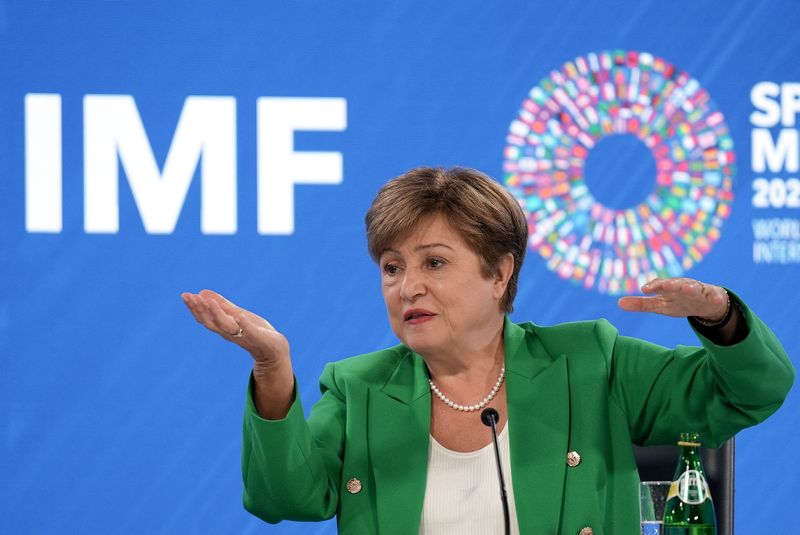









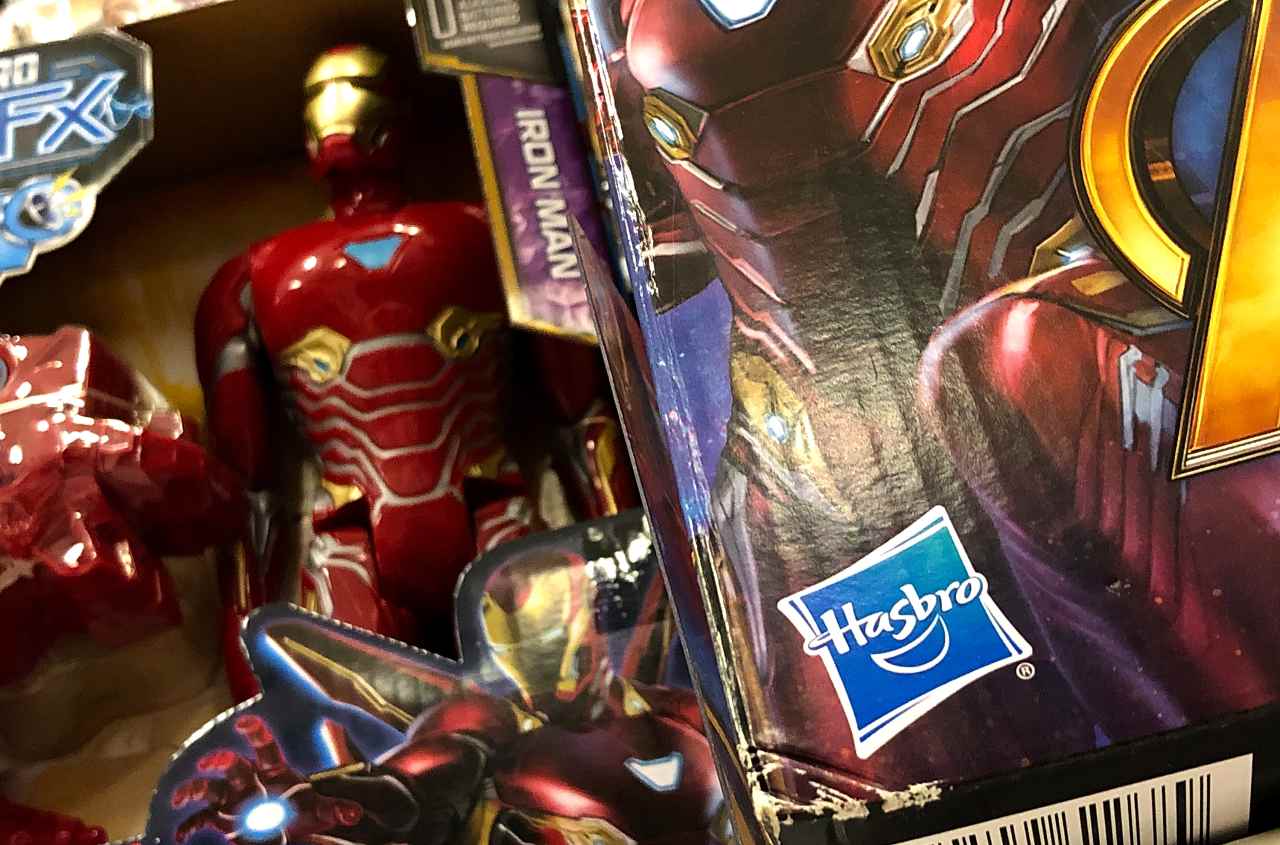





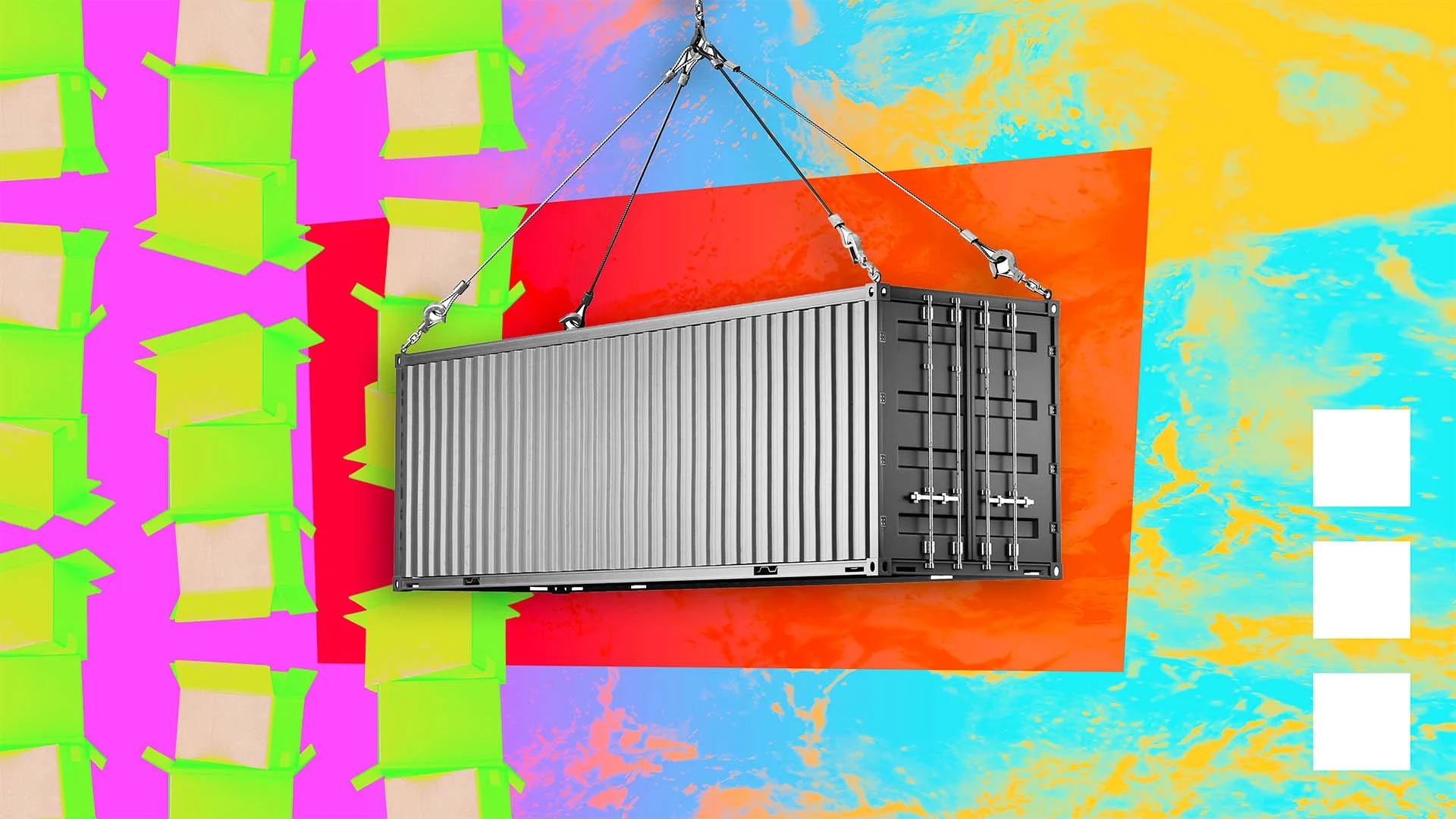





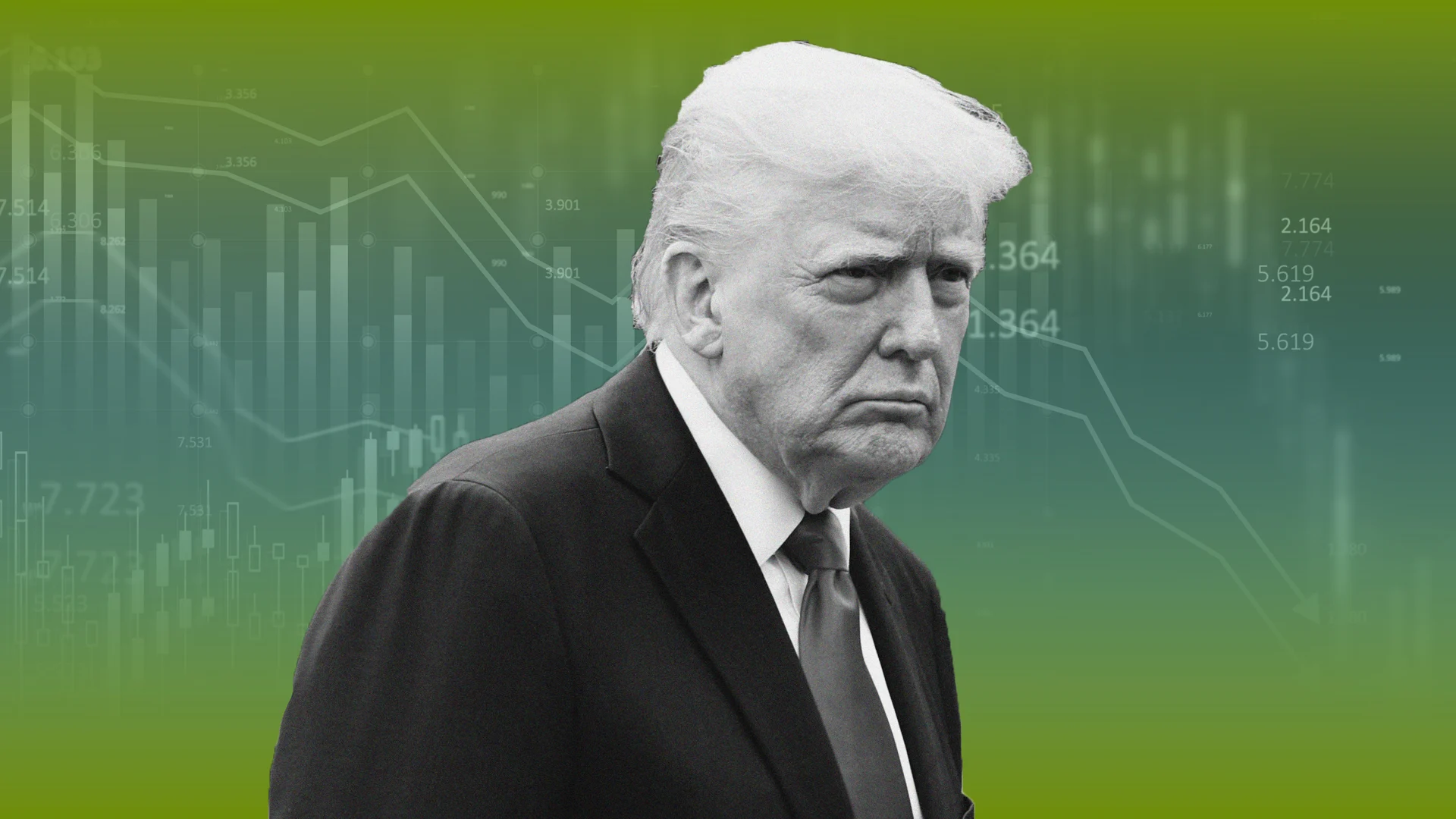
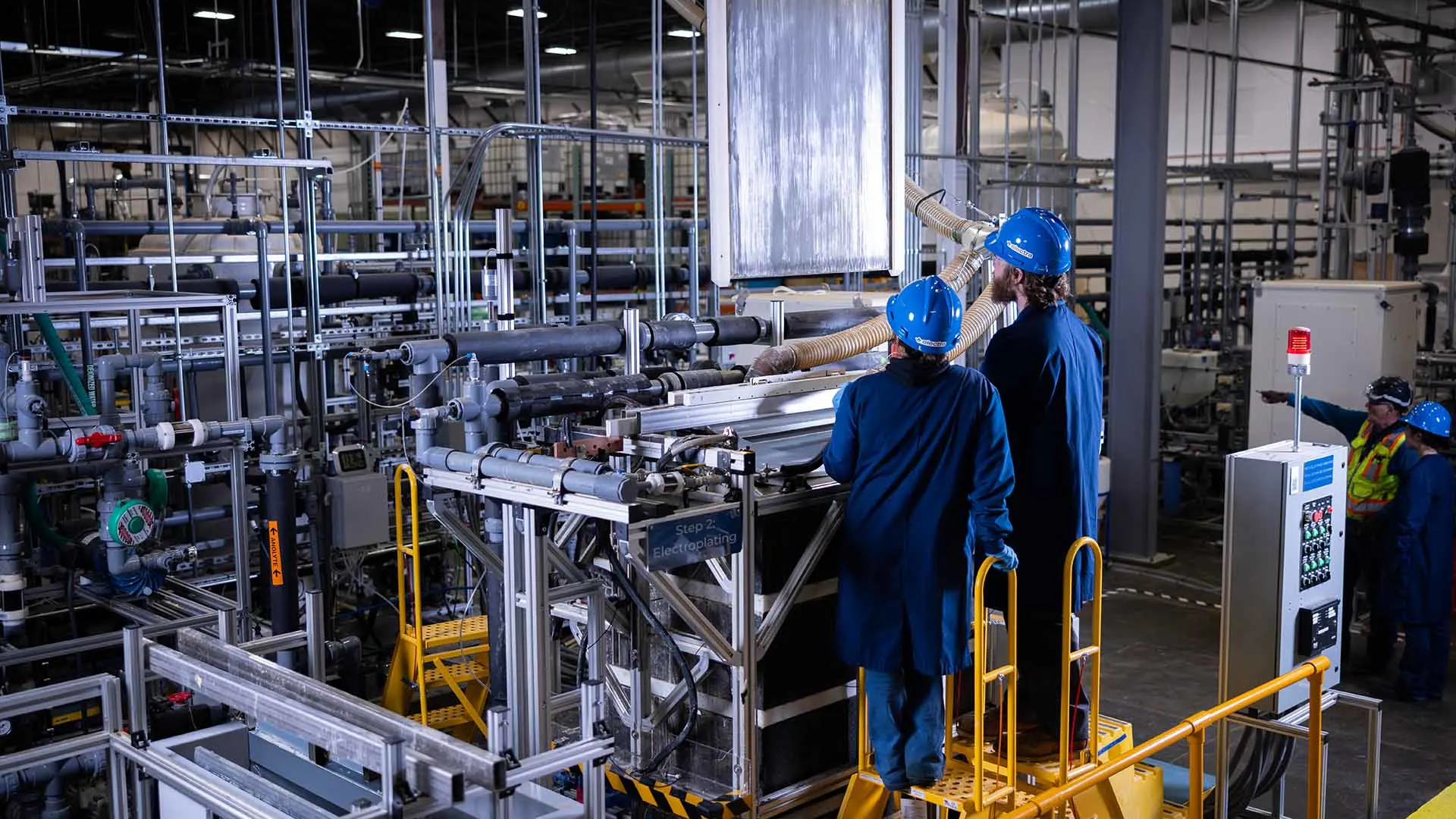
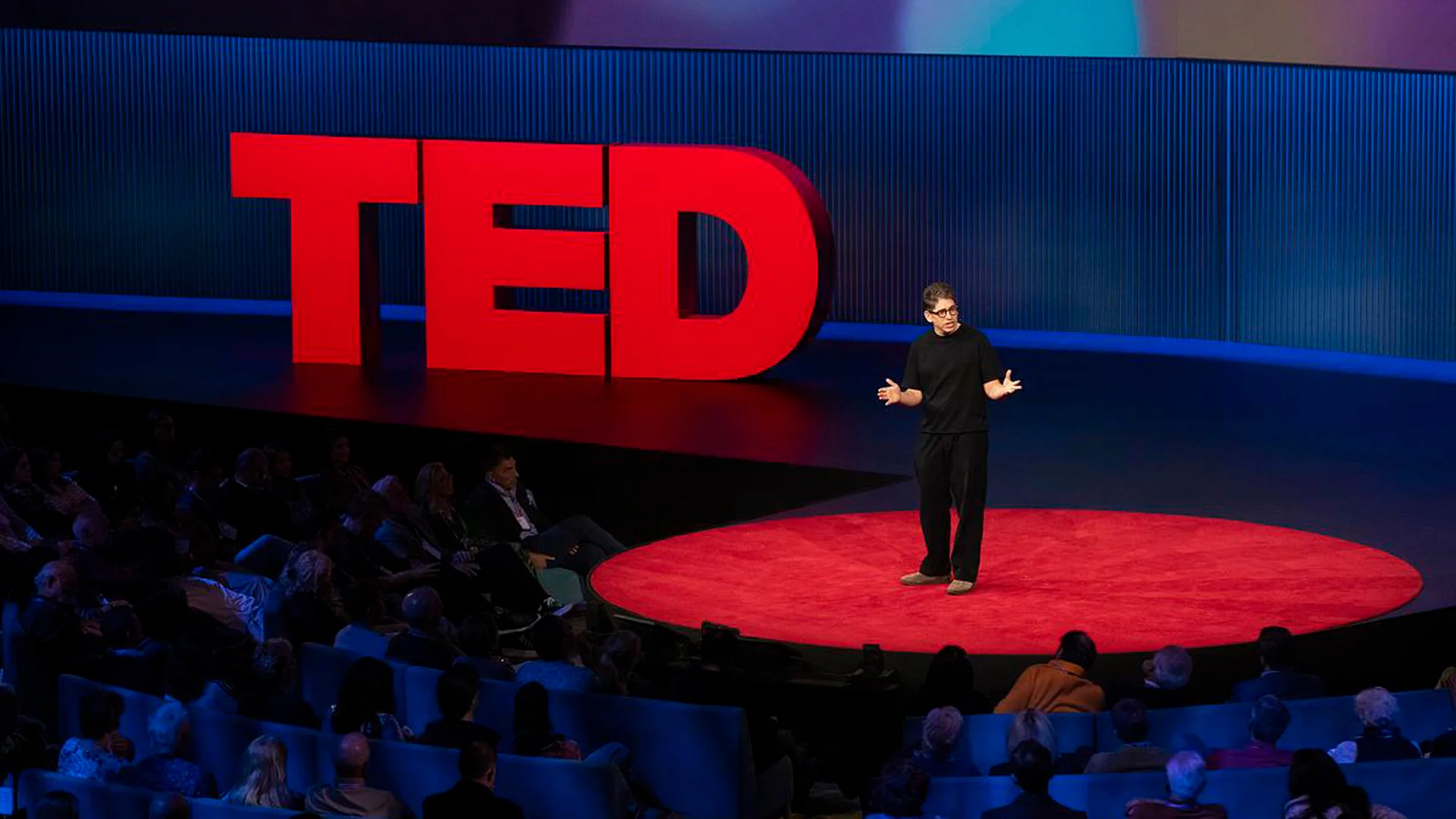
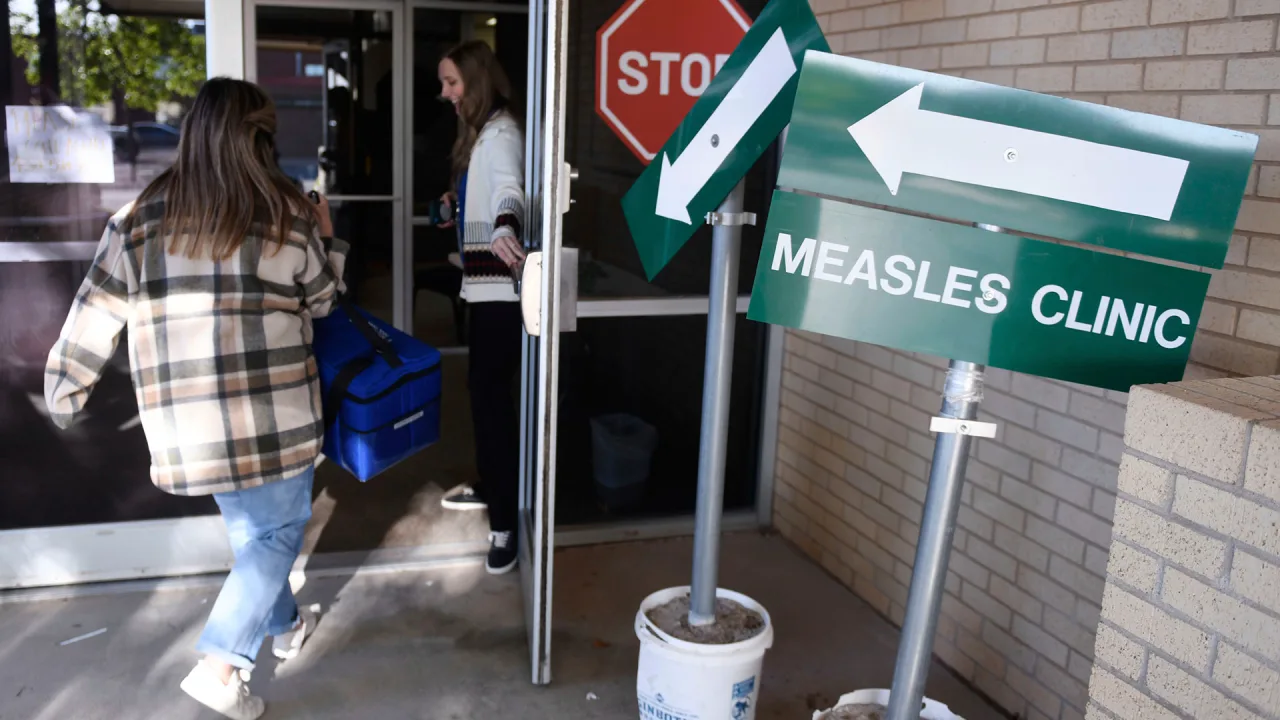

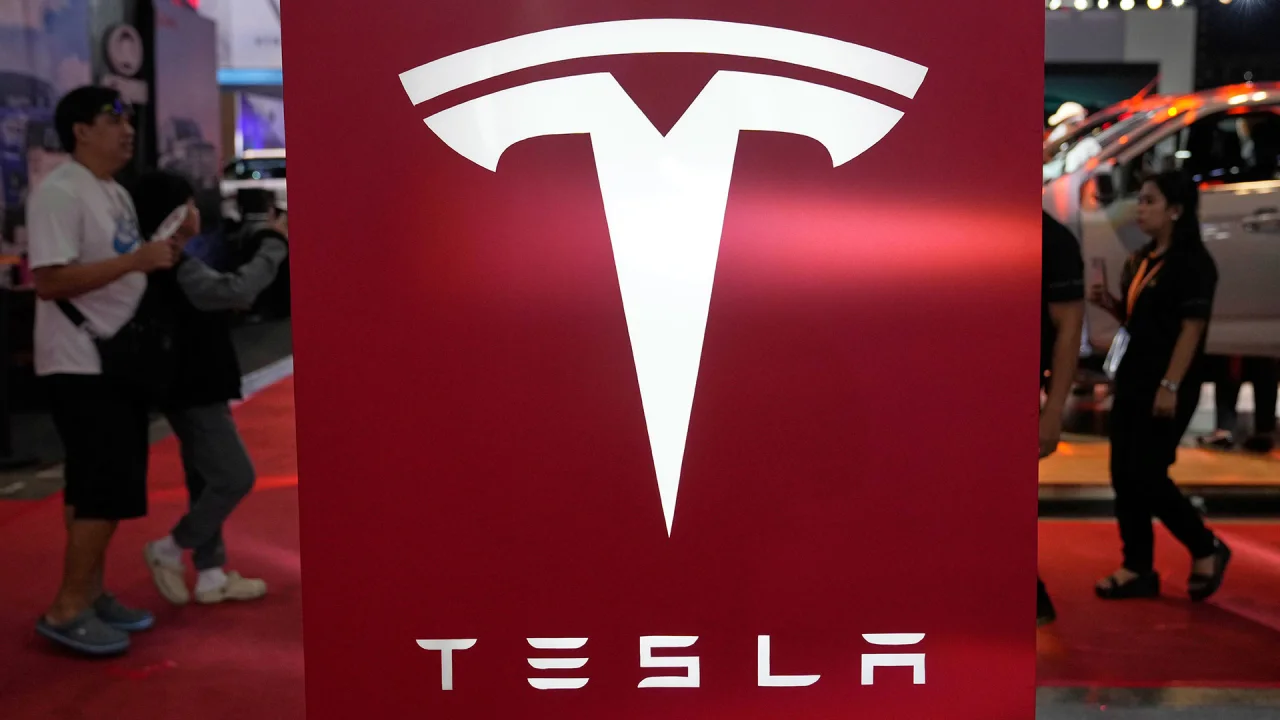

















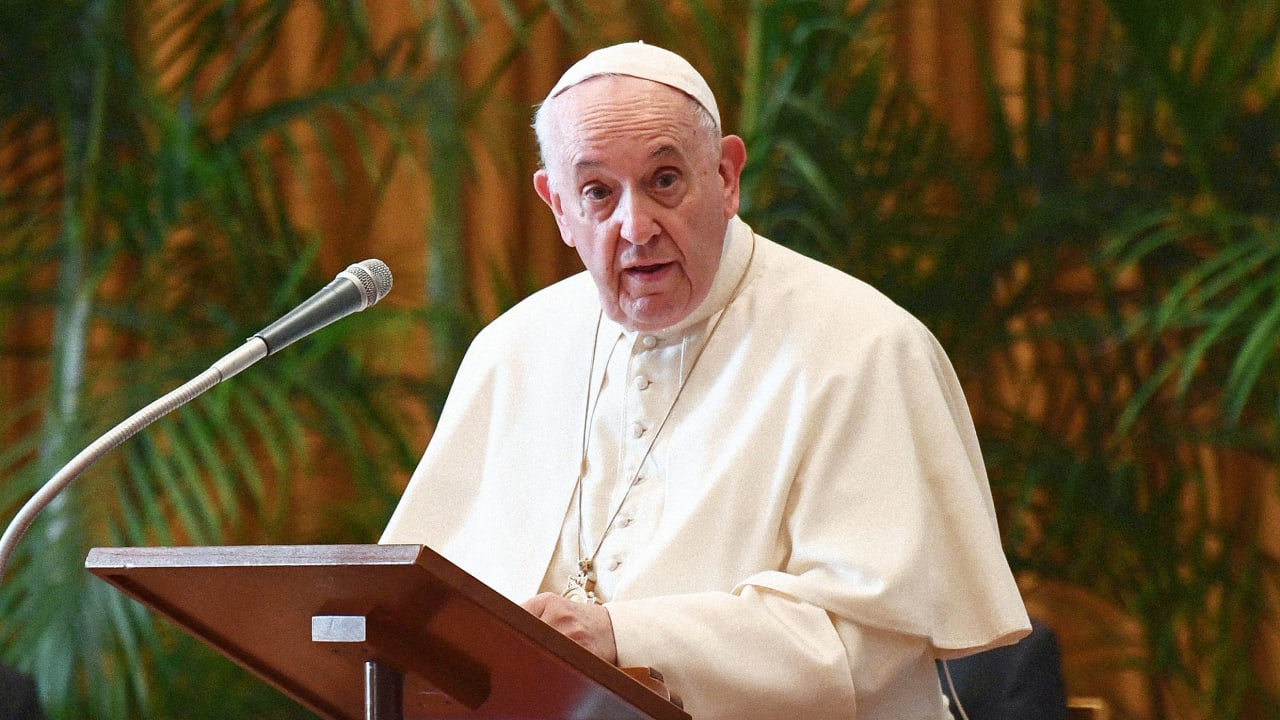



















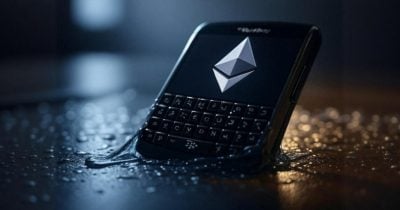














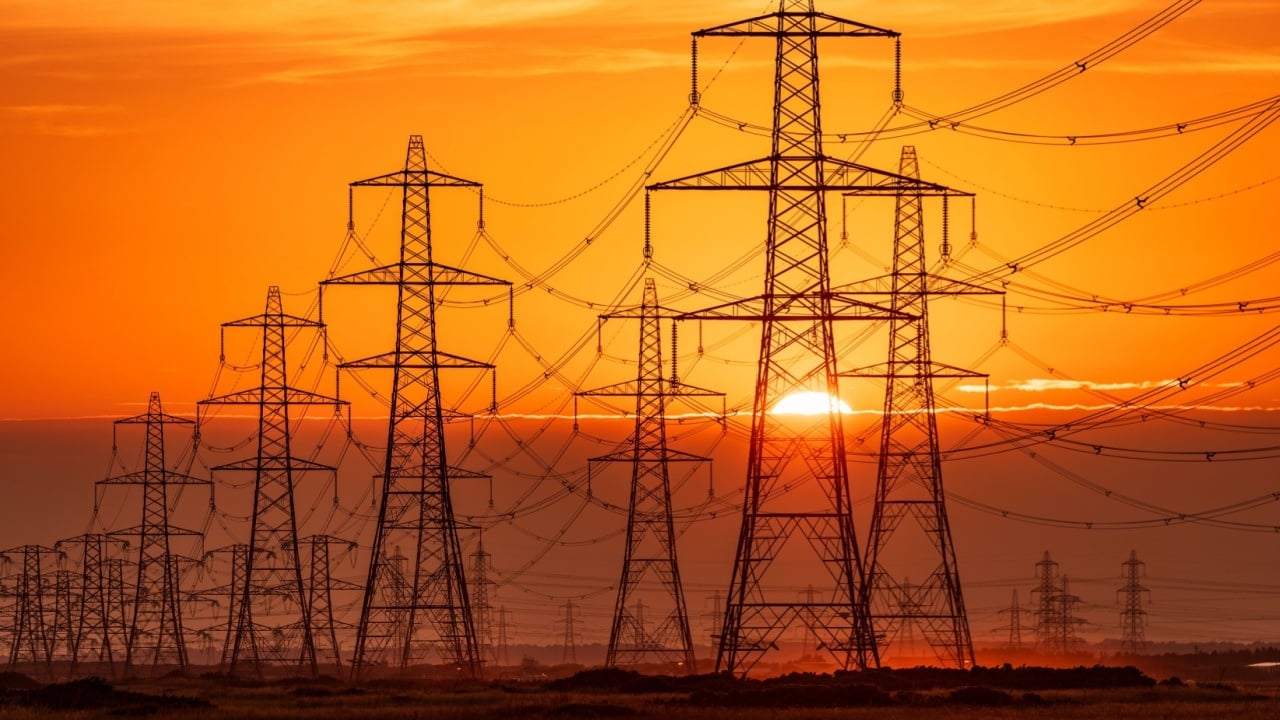

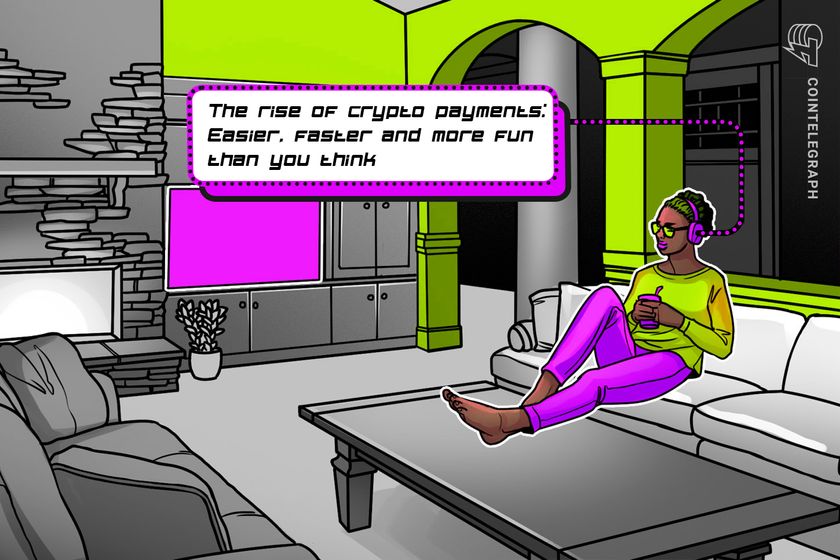


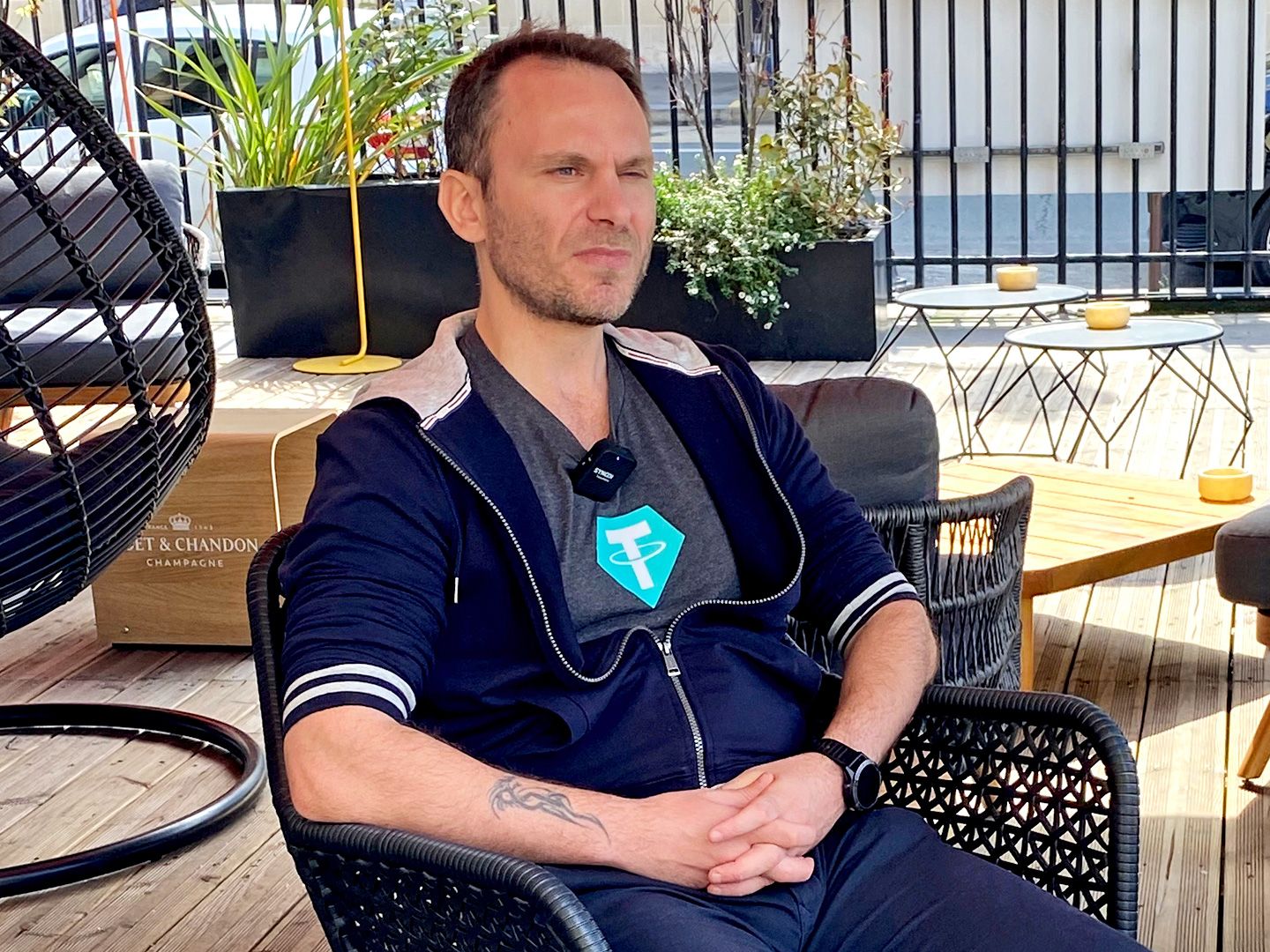










































































![How to Find Low-Competition Keywords with Semrush [Super Easy]](https://static.semrush.com/blog/uploads/media/73/62/7362f16fb9e460b6d58ccc09b4a048b6/how-to-find-low-competition-keywords-sm.png)
